Every year, Aberystwyth University holds a Festival of Research which shines a light on different aspects of the expertise and interests of its academic staff.
From 1 to 7 November a varied programme of activities and events will be held across the town with free admission and a welcome to all.
The theme of this year’s festival is ‘The Pursuit of Peace’, inspired by a campaign launched exactly a century ago by a Llangeitho woman.
At a conference at the university in May 1923, Annie Jane Hughes-Griffiths called for a special petition urging the United States to join the United Nations League. It was signed by 390,296 women from all walks of life and all parts of Wales and in February 1924, the appeal was presented to the women of America as well as President Calvin Coolidge in the White House.
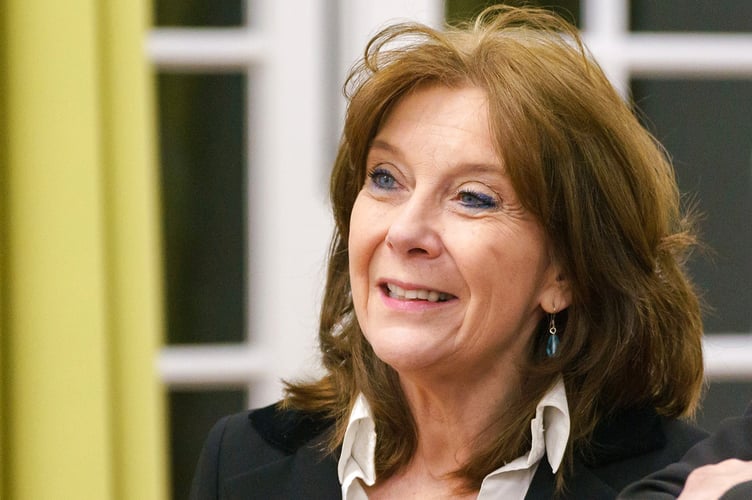
The festival will include events celebrating the centenary of the peace petition, including the launch of a bilingual, multi-authored book Yr Apêl/The Appeal (Y Lolfa) co-edited by Professor Mererid Hopwood from the university’s Department of Welsh and Celtic Studies and Dr Jenny Mathers from the Department of International Politics.
Several of the book’s seven contributors will be speaking at the launch at 5pm on Friday, 3 November in the National Library, where the historic petition is now on display.
The National Library will also be the focus of the Festival of Research on Saturday, 4 November. There will be guided tours about the petition between 2pm and 4pm as well as a volunteer fair and a range of research exhibits including projects on poetry and climate change, the stories of refugees and the future of Wales’s constitution.
This year also marks the 25th anniversary of the Good Friday Peace Agreement and the festival’s keynote speaker is leading Northern Ireland peace campaigner Eileen Weir.
At 1pm on Saturday, 4 November at the National Library she will talk about her experiences as a teenager in Belfast during The Troubles and her community work with the Shankill Centre for Women – building bridges between political, religious and other divisions across the island of Ireland.
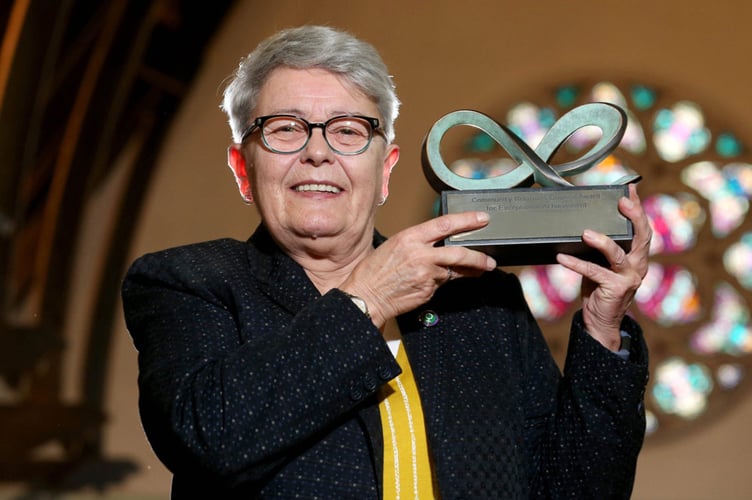
Eileen was a teenager growing up in Belfast when the violent, bloody conflict broke out and continued for 30 years until the Good Friday Agreement.
She lived on the Shankill Road in west Belfast and joined the Ulster Defence Association (UDA) loyalist paramilitary organisation at the age of 16, recalling how she collected milk bottles as a child for others to make petrol bombs.
But Eileen didn’t remain a member of the UDA for long and has spent her adult life working to build bridges across religious, political and other divides in her community and the wider island of Ireland.
In 2018 she received the Northern Ireland Community Relations Council’s Exceptional Achievement Award. In that same year she was also the first woman to receive the McCluskey Civil Rights Award for her work in support of human rights, civil rights and peace building.
At the special event at the National Library at 1pm on Saturday 4 November, Eileen will share her experiences as a peace activist, a trade unionist and a community worker in the Shankill Women’s Centre in A Conversation with Eileen Weir.
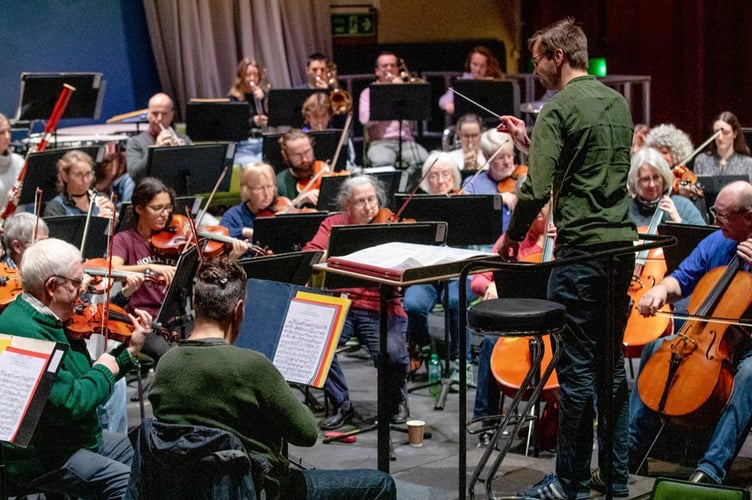
Refugee charity AberAid will also hold a fundraising concert with an evening of music, poetry and Syrian food in St Paul’s Methodist Centre at 6.30pm on Saturday, 4 November.
Dr Jenny Mathers from the festival’s planning committee said: “As we face the challenges of wars in Europe and other continents, a contemporary global pandemic and the pressing forces of climate emergency, this is an important time to focus on peace as an essential pursuit for humanity.
“This year’s festival gives the university an opportunity to showcase its research in this area and to strengthen its links with communities at every level from the local to the global.
“We hope the festival will support a new generation of citizens, leaders and innovative thinkers from Aberystwyth and elsewhere to come together and seek solutions to the problems that we are all facing and help us to more peaceful futures.”
Professor Hopwood said: “A century since the launch of the Welsh Women’s Peace Petition here in Aberystwyth, the pursuit of peace provides a perfect theme for this year’s festival. But as well as celebrating individuals and campaigns of the past, we will also focus on claiming peace today and in the future, considering what it is possible for us to achieve through our different connections and through collaboration between academic research and communities, so do join us during a week.”
In addition to the main event and the launch of the book, the festival will include thought-provoking panel discussions about topics such as pathways to peace in the 21st century; overcoming rural divisions to create peace in communities; the links between Ceredigion, climate change and claiming peace; and the possibility of peace in Ukraine.
There will be a discussion on the links between peace and Welsh literature, and a writing workshop will invite participants to experience the ways in which creativity can contribute to ensuring peace in everyday life.
A workshop about community transport will look at creating peaceful streets in Aberystwyth that respect drivers, pedestrians and cyclists alike.
There will also be a series of free films in the arts centre and a presentation by Professor Jamie Medhurst on the BBC’s mission – Nation Shall Speak Peace Unto Nation.
The university has been collaborating with a range of partners, including the National Library, Ceredigion Museum, the Peace Academy, and the Association of Ceredigion Voluntary Organisations. Events will be held on Penglais Campus, the National Library and in the town centre.
For further details and to book tickets, visit www.aber.ac.uk/researchfest


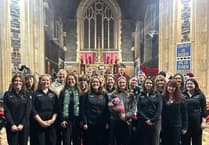
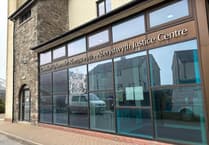
-with-her-son-Rufus-her-partner-and-younger-son-Noah.jpeg?width=209&height=140&crop=209:145,smart&quality=75)